September 4, 2018 — Comments are off for this post.
This project mimics an intimate sleeping experience with your loved one. The object breathes just like another human being that you can cuddle with on your bed. Aimed at those struggling to fall asleep. By cuddling up to the pillow – which helps induce a slow, regular rhythm of breathing – users are soothed to sleep.
The interactivity of the device is due to the breathing of the human next to it. The device collects the data i.e., exhaling and inhaling and interprets it for the feedback in form of breathing back, playing music and emitting light in the morning.
These are invaluable assets to someone who is struggling to sleep by themselves and the device fills that void. The device is a synonym to an almost real human by the properties it has inherited. This is a very good example which I am assuming works for the people because it has succeeded in extending beyond just being a design artifact to something humans do and therefore humans may ignore the machine side of the device and embrace its humanity.
This project is designed to help people with chronic sleeping problems. It works by monitoring a person's brain activity and emitting sounds that will prolong their periods of deep sleep.
The sounds are relayed via bone conduction – which means the device should be inaudible to any sleeping companions in the bed with the wearer.
As well as the bone-conducting speakers, Dreem incorporates a number of sensors, a CPU (central processing unit) and a few basic controls. All of these had to be incorporated into the headband-like device while keeping it unobtrusive enough to be worn overnight by already light sleepers.
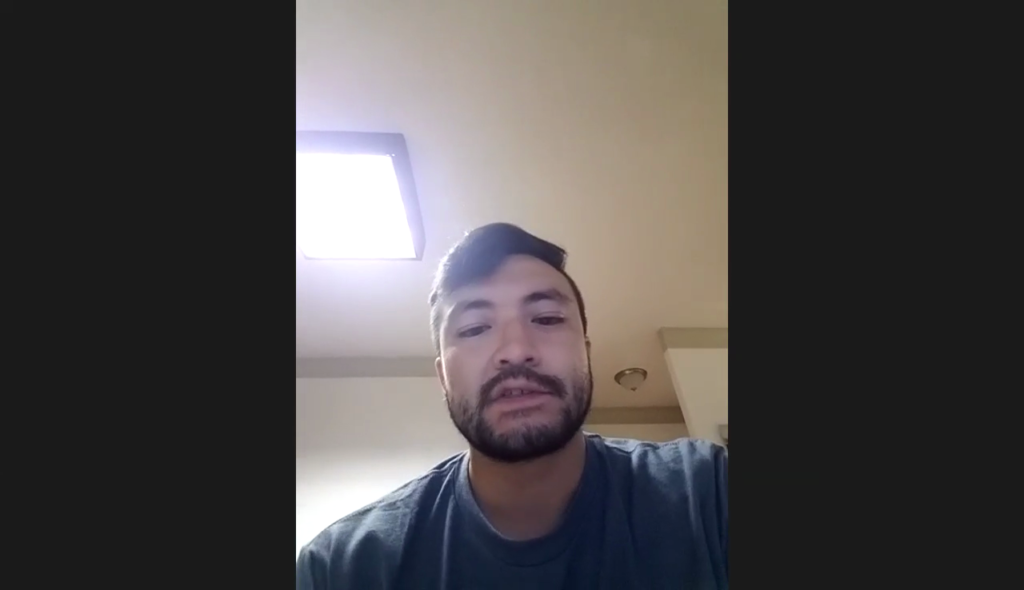
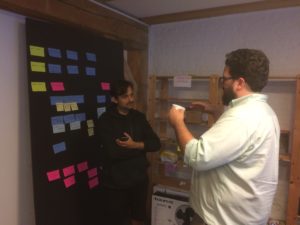
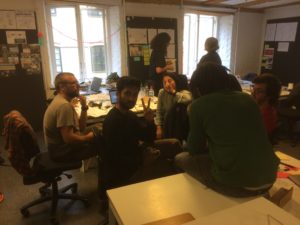
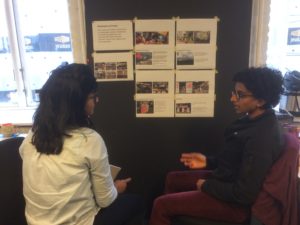
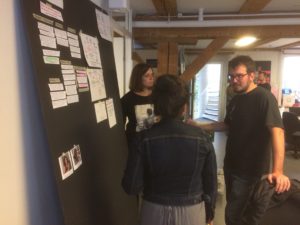

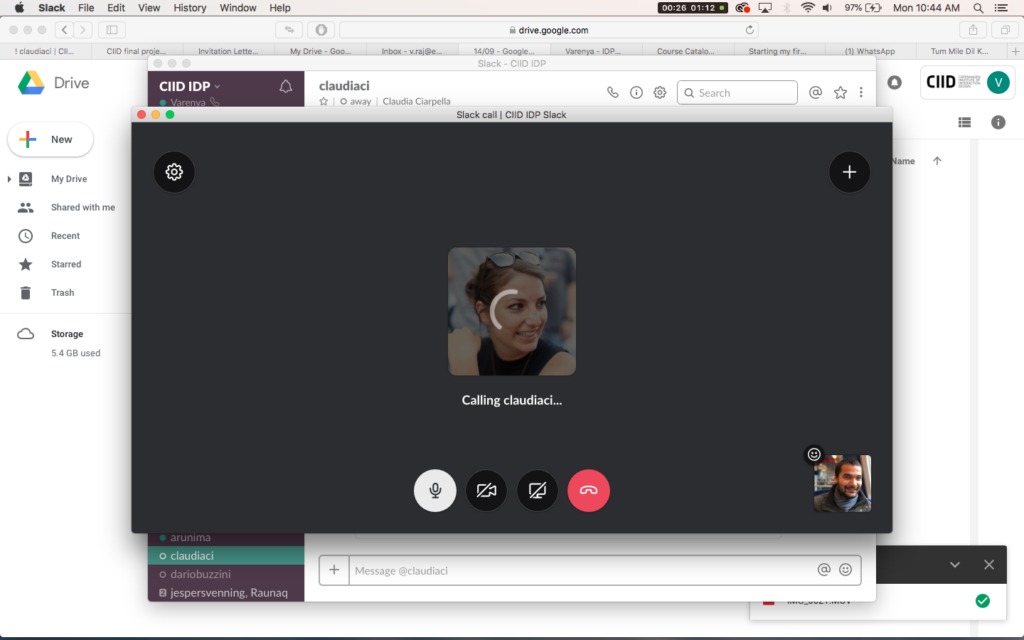
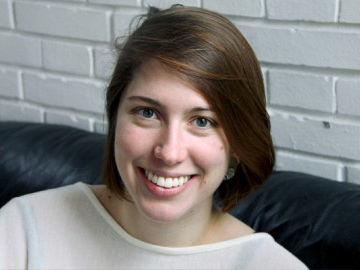

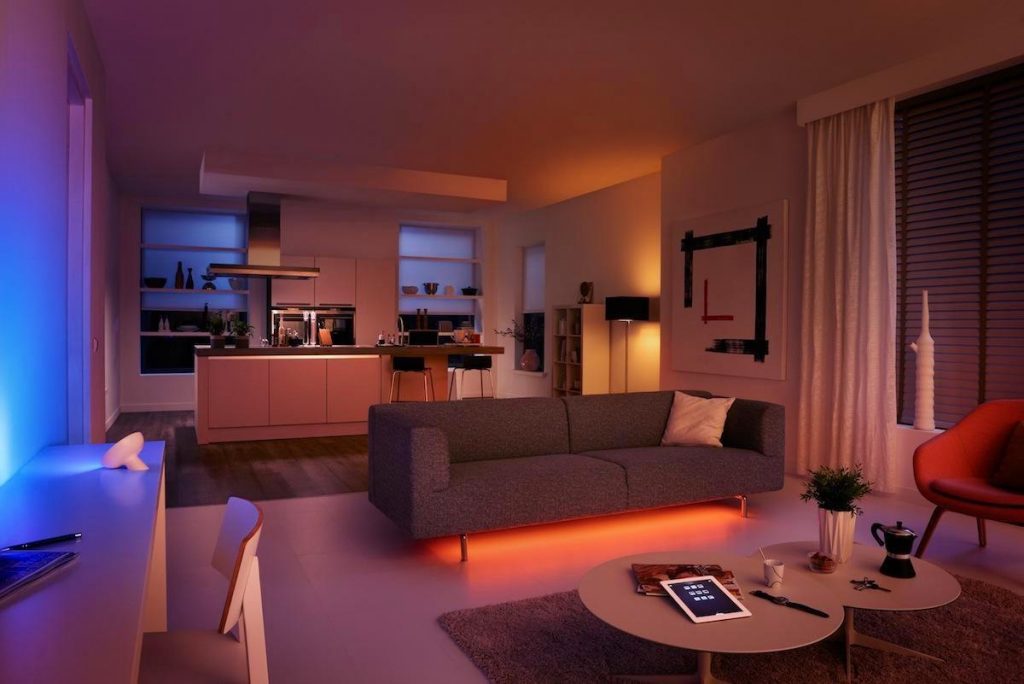
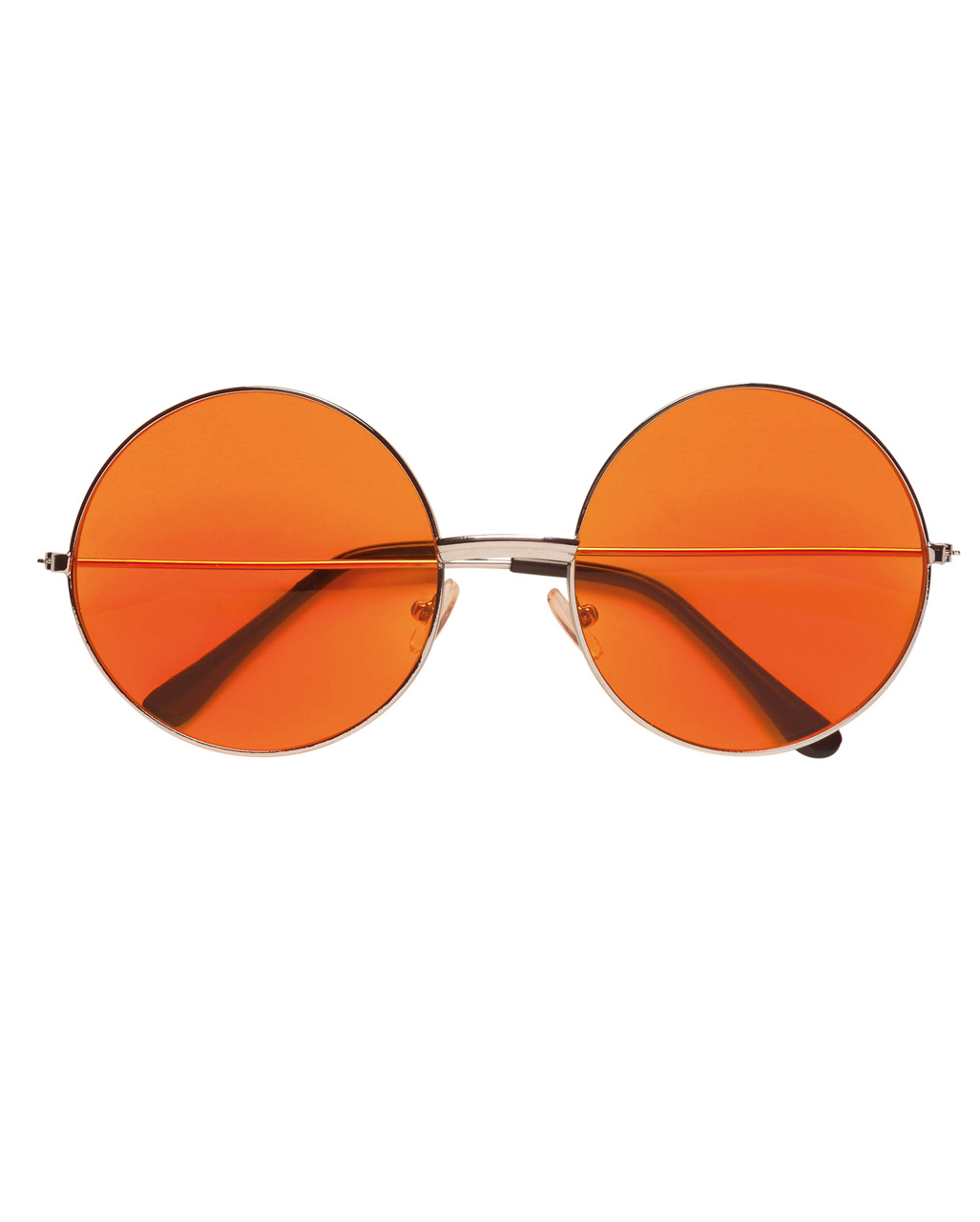
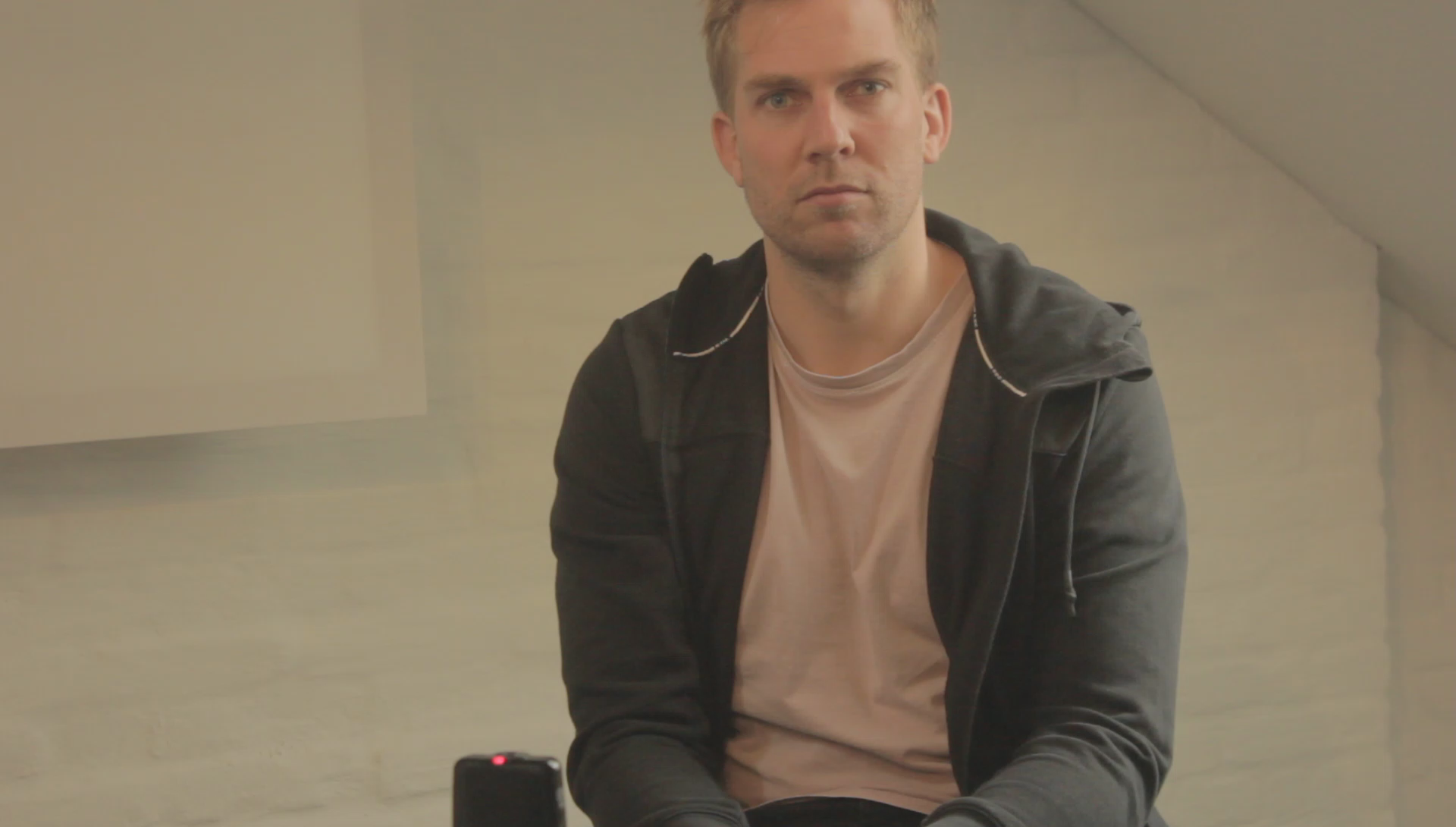
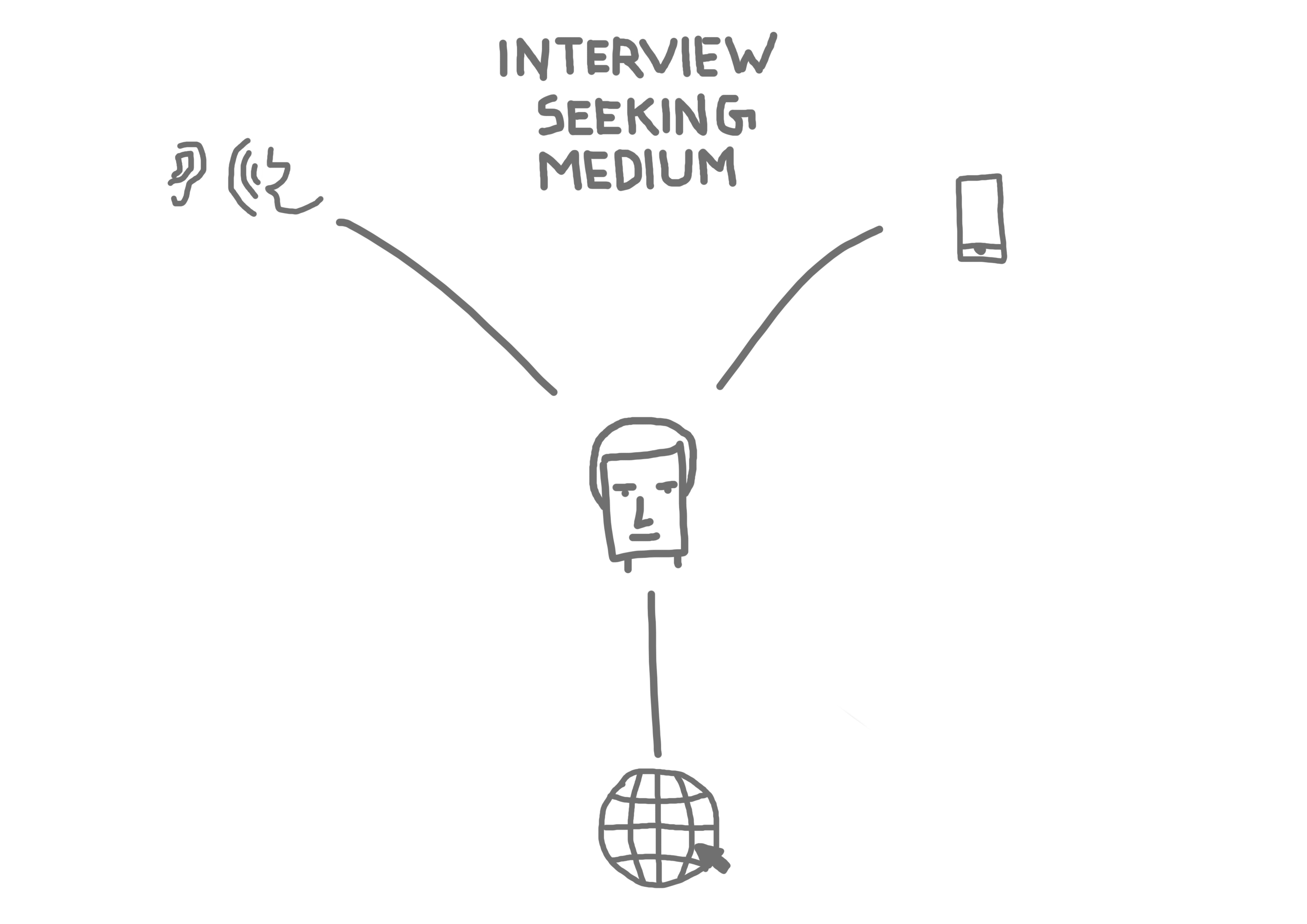
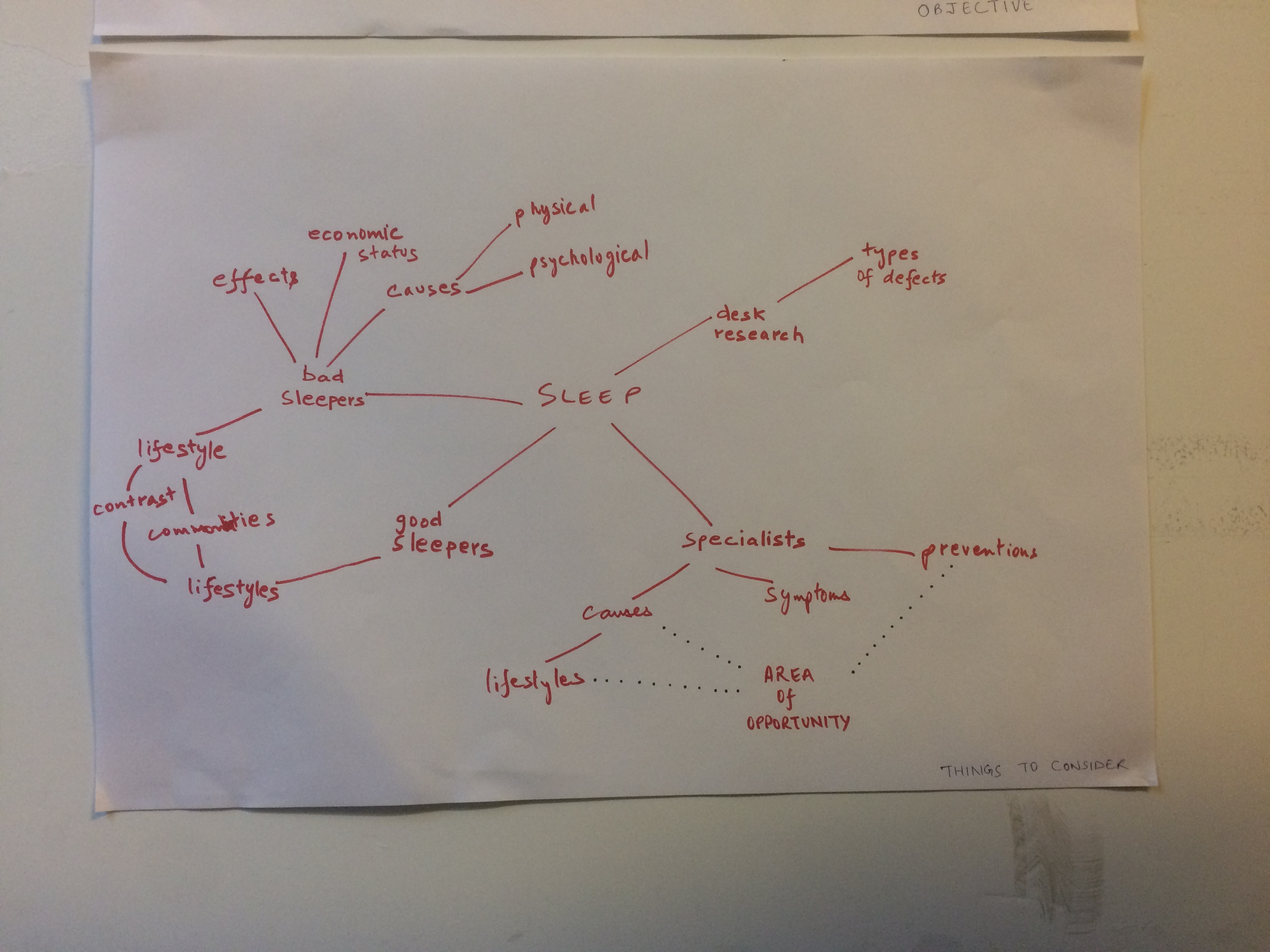
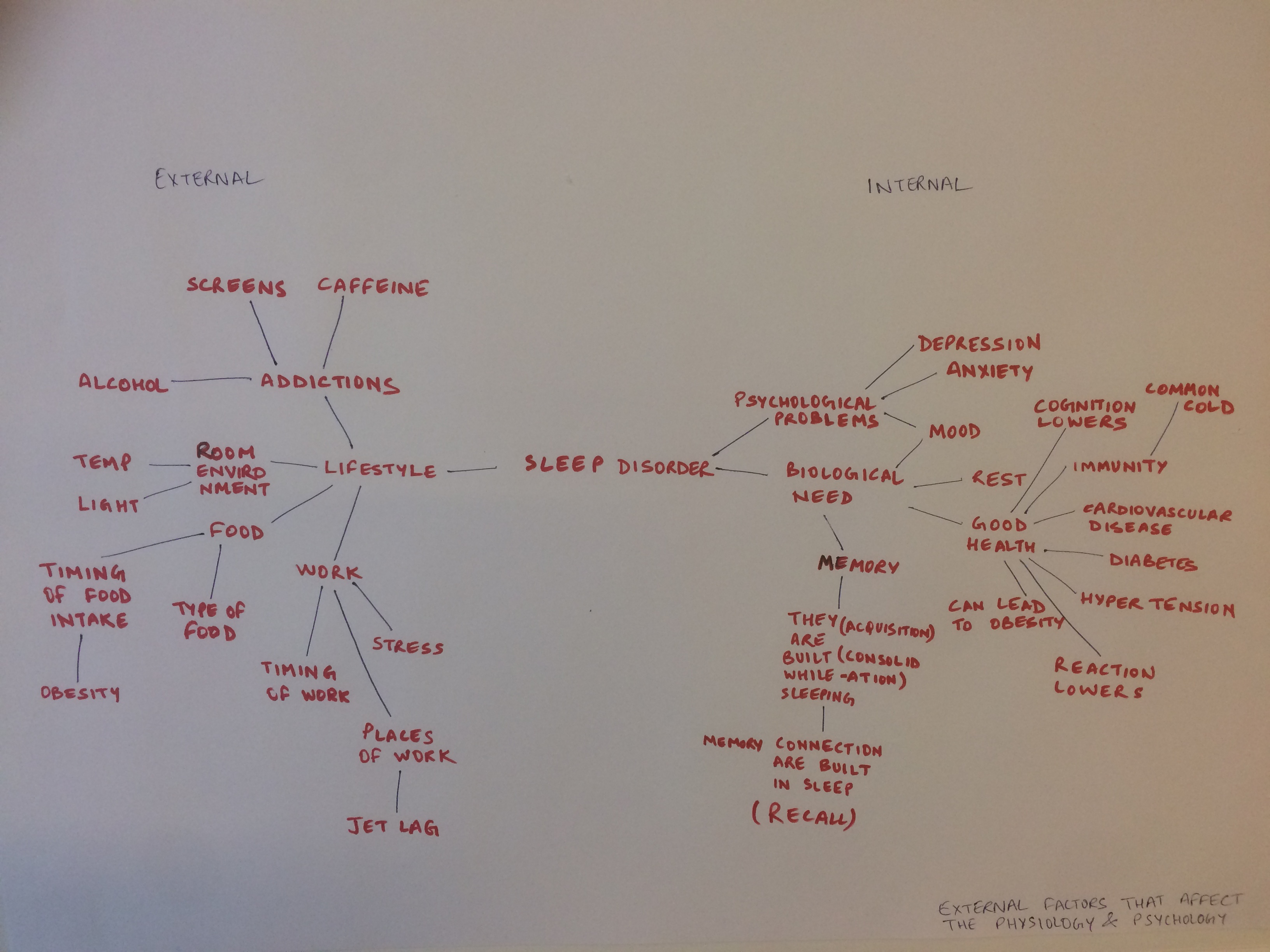
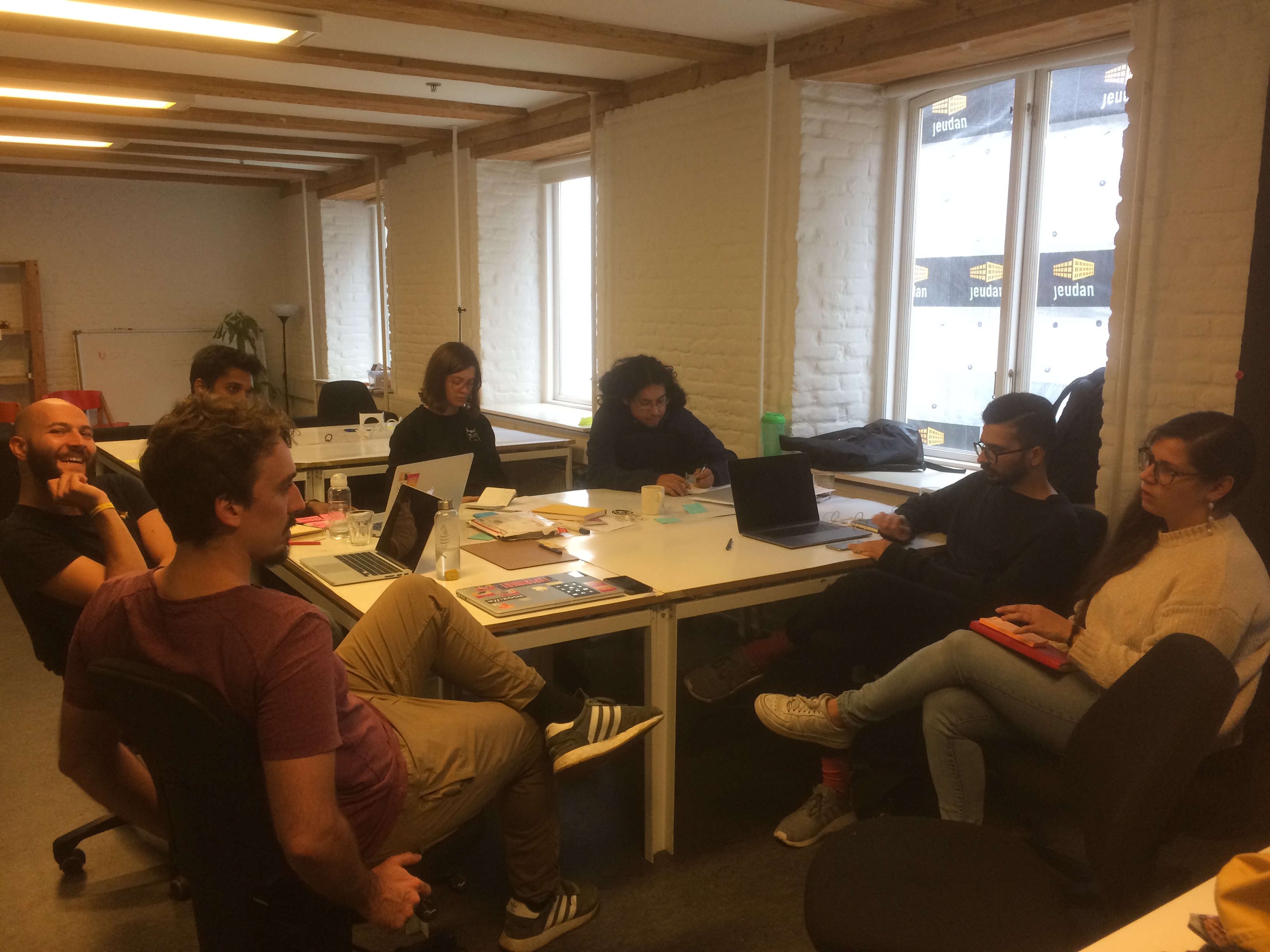
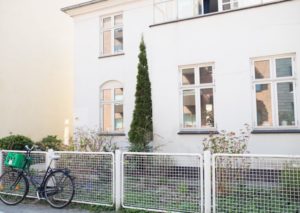
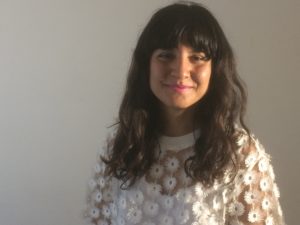
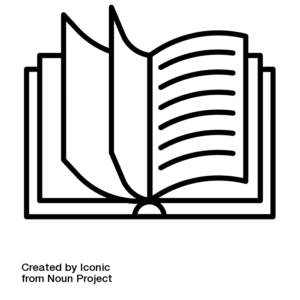

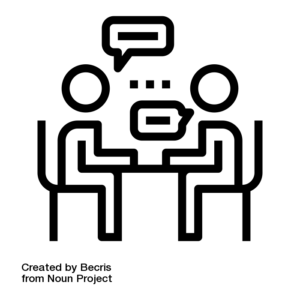
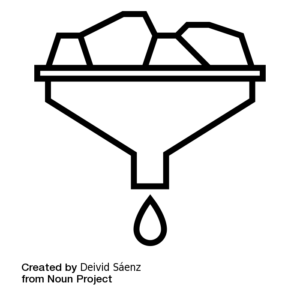
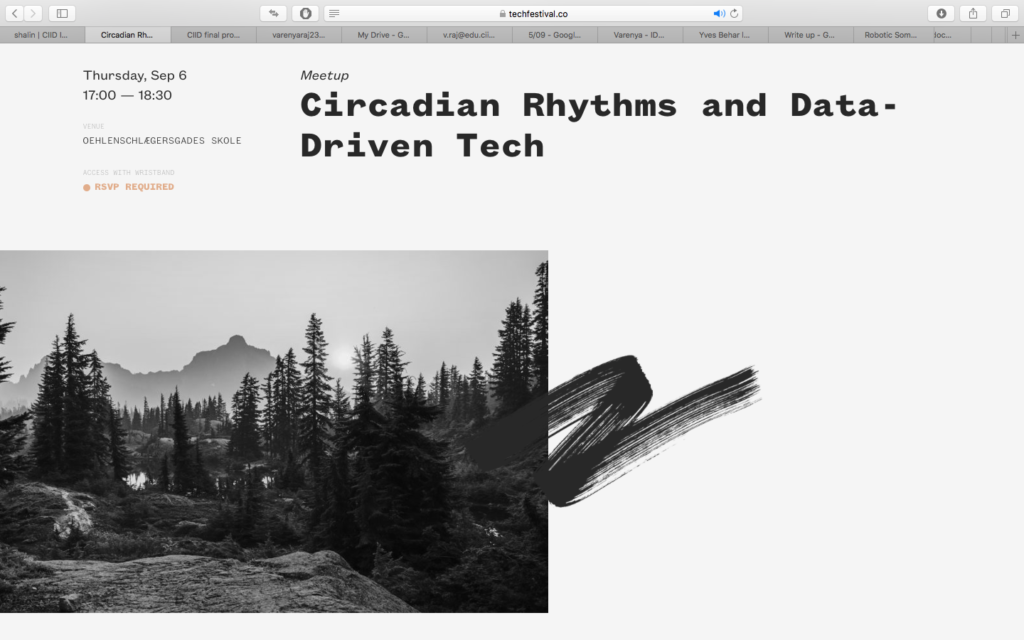
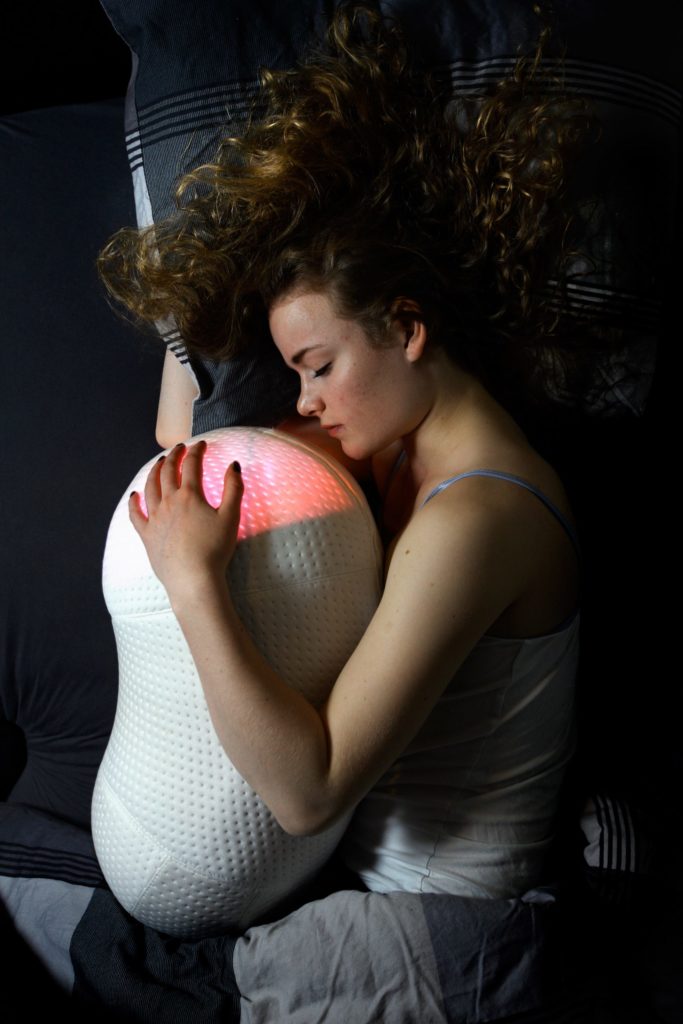
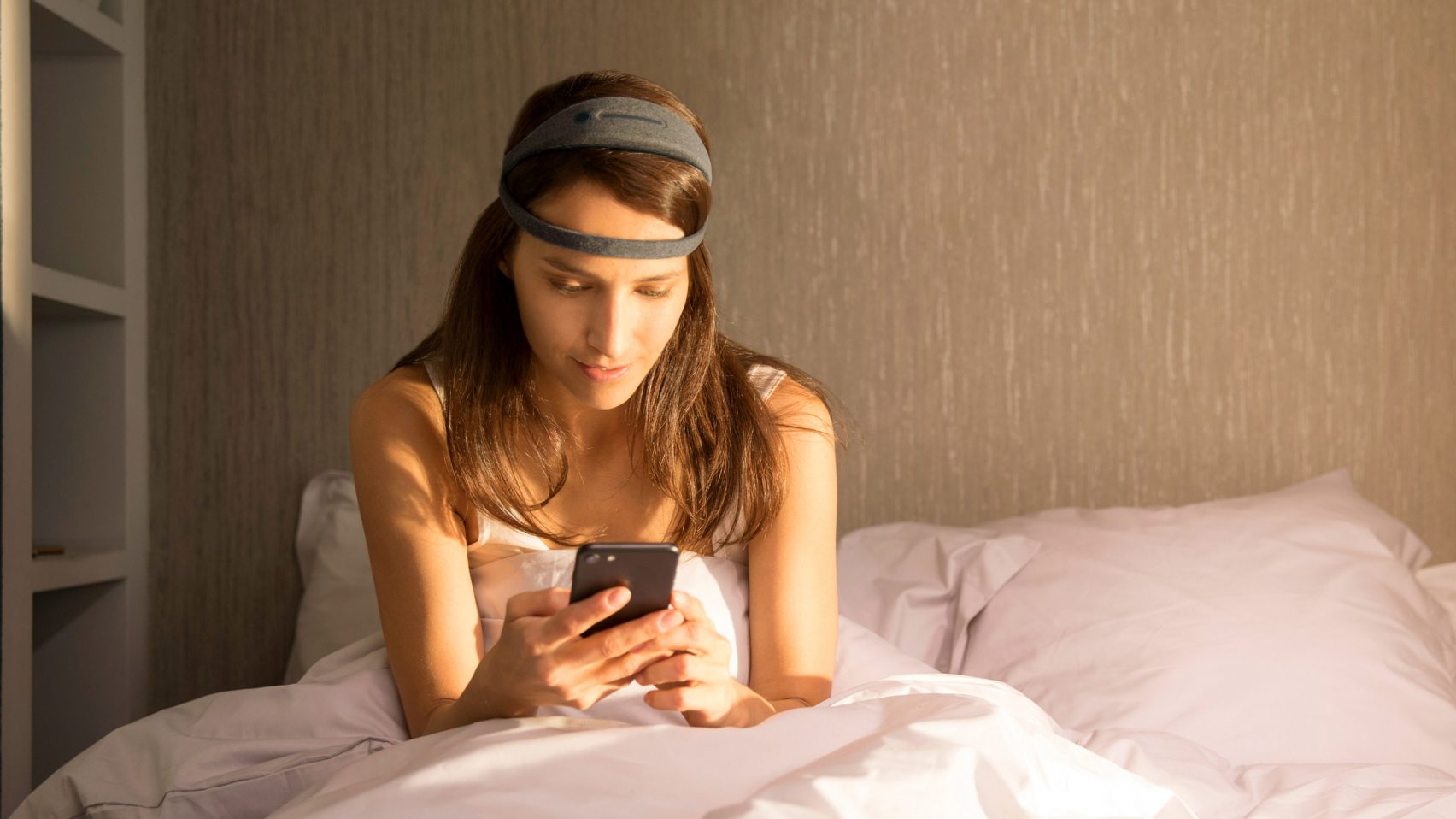 Image source
Image source